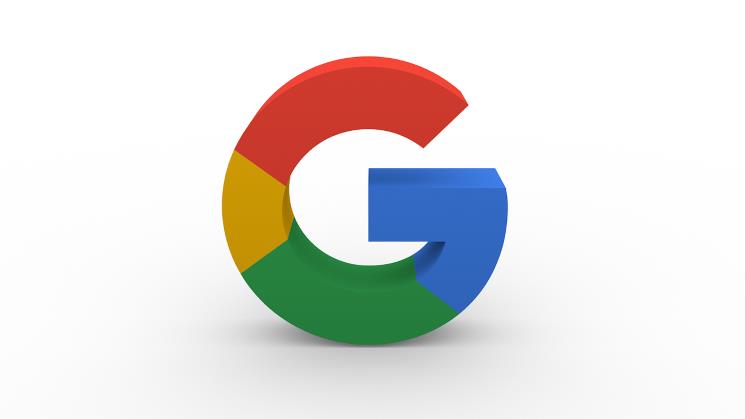How Google’s New AI Innovations Will Transform Retail
by Rae Steinbach, in cooperation with Y Media Labs

This is another great guest post, this time from Rae Steinbach. She is a graduate of Tufts University with a combined International Relations and Chinese degree. After spending time living and working abroad in China, she returned to NYC to pursue her career and continue curating quality content. Rae is passionate about travel, food, and writing, of course.
Her post talks about the impact that Google’s AI vision will have on retail businesses. Thanks Rae; thank you very much!
During 2017’s Google I/O, where developers from all around the world explore emerging technologies together, the company announced several new elements for both Google Home and Google Assistant. For instance, Google Assistant, now equipped with AI, will be able to provide relevant information about your environment by “seeing” it through the phone’s camera. You could just point the lens at a business you pass on the street, suddenly receiving information about its services, customer reviews, and more.
These new features, coupled with innovations in AI tech, will be particularly beneficial to retailers. Using the latest technologies, they’ll be able to boost sales and create a completely innovative customer experience strategy in the following key ways:
Improving Convenience with Multiple Devices
At I/O, it was revealed that Google Assistant is now available on more than 100 million devices. This will significantly improve the ecommerce experience for customers. Imagine using Google Assistant to order an item on your phone, then being in your car days later and receiving an alert from your vehicle-connected device that your item has been delivered.
Retailers who embrace these convenient customer solutions tend to make more sales than those that don’t.
Conducting Transactions
Google Assistant now allows users to conduct transactions. If retailers wish, they can opt for a “facilitated payment” option. This means that Google will handle much of the essentials tasks in the process, like storing customer payment credentials, charging the user, etc. That said, retailers who already have their own established payment processes can still integrate them with Google Assistant.
Storage in Universal Carts
As Google and AI developers continue to innovate, customers will start to expect the convenience of a universal cart. Retailers should anticipate this. As of now, Google doesn’t provide cart storage. That’s why retailers still need to ensure that their website carts and app carts are the same.
Again, universal shopping carts don’t exist just yet, but technology is moving in their direction. Retailers should prepare accordingly to boost sales.
Including Visual & Audio Elements
With Google Assistant available on a much wider range of devices, retailers should start taking advantage of the different interaction styles those devices facilitate. When a customer places an order using Google Assistant, visual and audio cues can provide for a smoother, more intuitive transaction. It’s time to plan which types of elements you’ll incorporate to improve the overall experience for your customers.
Machine Learning Improves Retail Experiences
Machine learning chips like the Google’s second generation TPU chips will indirectly help retailers boost sales. While retailers themselves won’t use the chips, customers using Google products will benefit from their power. The sophistication of these chips allows the AI to “learn” information that could be valuable to customers in a retail setting.
For example, customers using the Google Lens application could point their phones at items they admire in a store, getting recommendations for similar products. These features will help customers discover new items, make smarter buying decisions, and allow retailers to upsell and cross-sell.
Retailers should stay abreast of these technological developments. Taking advantage of them now will pay off substantially in the future. Proactive companies could even work with development teams to learn even more about how to leverage Google’s innovations and emerging AI technologies. These tools are improving rapidly; it’s time to start putting them to good use.
